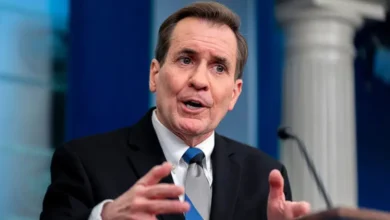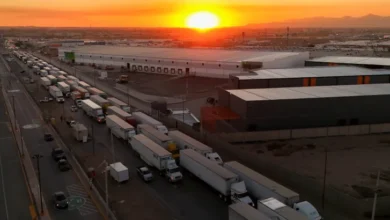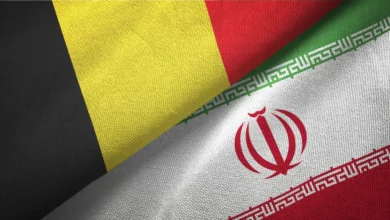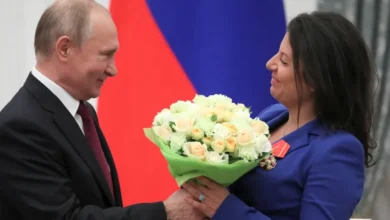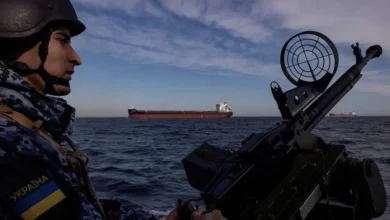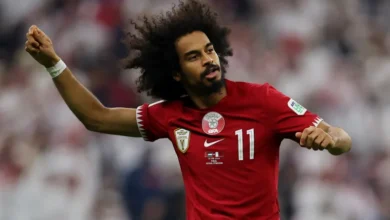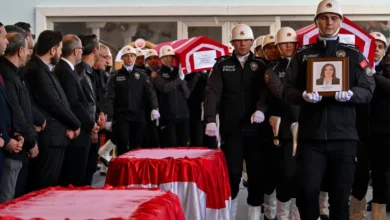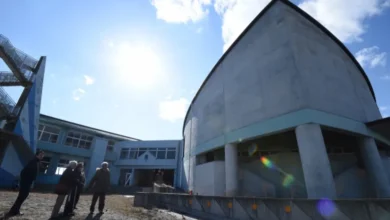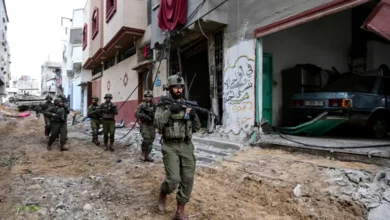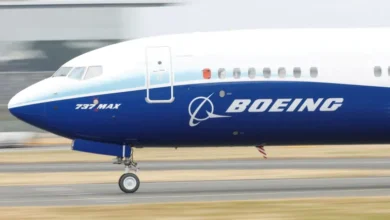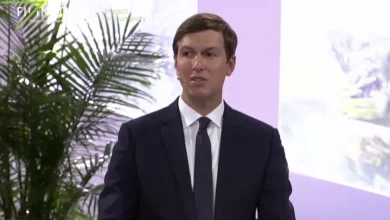‘Most dangerous stage’: The view from Russia as Ukraine war escalates
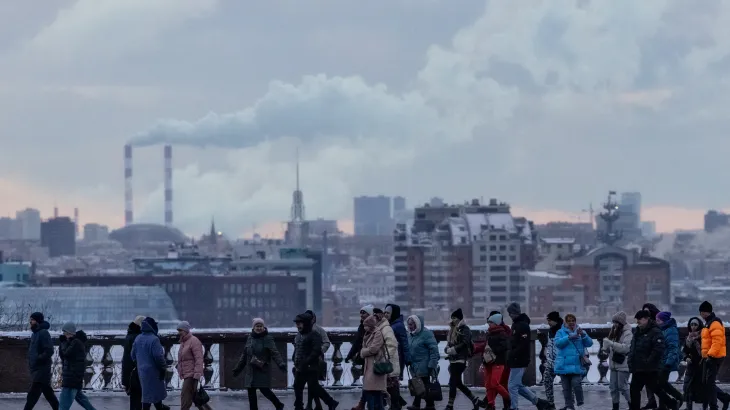
Last week, a defence industry site in the central Ukrainian city of Dnipro was struck by a Russian medium-range ballistic missile, which President Vladimir Putin described as a response to “NATO’s aggressive actions against Russia”.
Early reports that Dnipro was hit by an intercontinental ballistic missile proved inaccurate.
Moscow’s deployment of the new weapon, named Oreshnik, followed a series of Ukrainian rocket strikes into western Russian territory using United States-supplied ATACMS long-range missiles, targeting military facilities in the regions of Bryansk and Kursk.
In his statement, Putin acknowledged that the Ukrainian attacks caused casualties among Russian troops.
“I’m scared,” said a young St Petersburg resident who requested anonymity.
“It’s especially infuriating because … my whole family is in Ukraine,” she told Al Jazeera. “When [Russian missiles] are flying there, it really sucks, and when [Ukrainian missiles are] flying here, it’s scary. There’s no happy medium in this situation.
“There was hope that everything would gradually begin to calm down because nothing has flown to my [Ukrainian] hometown, Zaporizhzhia, for a long time. And now it’s started again with twice the intensity. In my head is purely chaos, of course.”
But others appeared less concerned about the escalation, which some observers fear could transform into a Russian nuclear standoff with NATO.
“I don’t think rockets will fall either on Moscow or on London although [Ukrainian] drones are already flying over Moscow,” said Dasha, a Muscovite in her early 30s who asked Al Jazeera to withhold her surname.
“But you know when they say there will be a third world war, Russia will come for Switzerland, all of that, I don’t think so, but let’s wait and see. What’s happening now is of course totally f*****.”
Evgeniya, in her 60s, said her life is going on as normal.
“I don’t pay attention to such things. Nobody knows what will happen, so why panic? I just went on a long holiday from Moscow to [St Petersburg].”
Even so, there are some who echo the Kremlin’s warnings.
“I think that [this mess] will catch up with the West,” said 51-year-old Alec, a St Petersburg resident.
Russian lawmaker warns of ‘most dangerous stage’, blames US
In mid-November after months of hesitation, outgoing US President Joe Biden finally gave Kyiv the green light to fire ATACMS on targets in Russia. At the same time, the United Kingdom granted Kyiv permission to use long-range Storm Shadow missiles within Russian territory.
Angered by the moves, Putin signed off on Russia’s new nuclear doctrine days after the UK and US allowed Kyiv to use the cruise missiles to attack Russia.
Under the amendments, Russia has lowered the threshold for using its nuclear arsenal.
Russia and its ally Belarus can now consider a nuclear response if they are conventionally attacked by a nonnuclear state, such as Ukraine, that is aided by a nuclear power. Several of the NATO countries supporting Ukraine, the US and UK included, possess nuclear weapons.
Although the new protocols had been in the works since September, the implementation during the missile exchange between Russia and Ukraine raised the stakes in the war, which has raged on for nearly three years.
